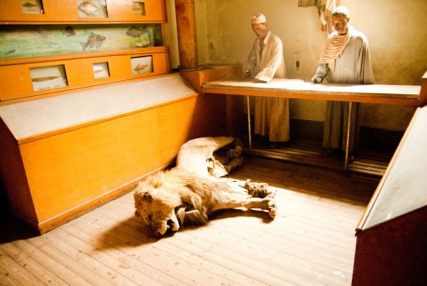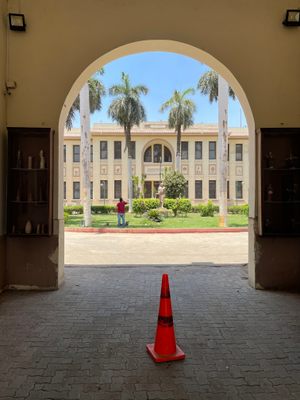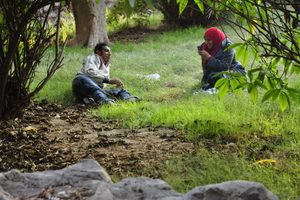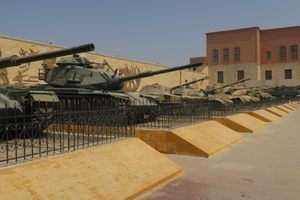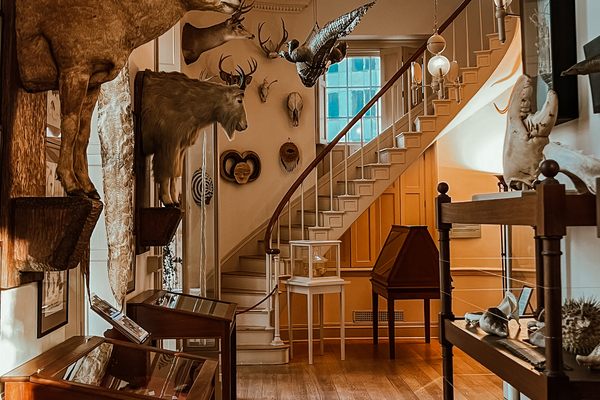About
Once the breadbasket of the Roman Empire, Egypt has a long agricultural history, so it's no surprise to find a museum in Cairo dedicated to Egypt's farming past. The surprise lies in what this museum contains, which is much more than simply agricultural.
A huge complex with gardened grounds covering about 100 thousand square meters and buildings occupying another 20 thousand square meters, the Agricultural Museum of Cairo is a lot to take in. Founded in 1930, the museum was to be the first agricultural museum in the world. The founders sought a grand location to display a grand collection, thus the museum was installed in the palace of Princess Fatima.
The collection contains a vast array of objects in ten halls. One hall of particular interest is the "museum of bread," devoted entirely to baking, machines used in baking, and displays of various types of bread. Collections in other halls include a room of wax models of typical Egyptian meals, a large selection of preserved animals, and digestion displays including an inflated cow's stomach. The real highlight of the museum, however, is the Scientific Collection Hall, which contains an amazing array of wax anatomical models, taxidermy, insect collections, anatomy specimens and general oddities, all of which have been little changed since the 1930s.
Sadly, the last 80 years have not been kind to the collection. A taxidermied lion lies on its side, his legs having been destroyed by being dragged from place to place, and much of the museum is closed or in disrepair. According to visitor Oliver Wilkins, one can tip the caretaker to let you into closed areas. The museum plans to open a new wing of the agricultural museum, but it would be wise to go soon, before the old museum disappears. In the words of Wilkins, "Who knows how long it will be until it goes the way of Cairo's other lost museums? See it while you can."
Update as of December 2022: The museum is currently closed due to ongoing renovations.
Related Tags
Egypt Family Adventure: Pyramids, Mummies & The Mighty Nile
Cross dream-like deserts and uncover the secrets of ancient pyramids.
Book NowPublished
April 15, 2010
